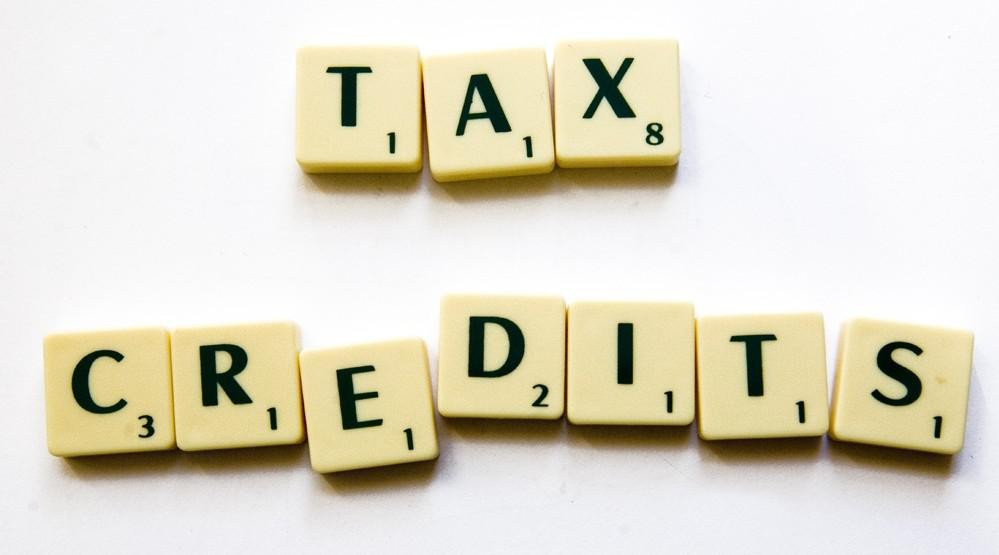By Yann Kostic from the February 2017 Edition
Rising interest rates are generally bad for bond funds. This is very important for bond investors today to understand.
An example to explain why.
Let’s say you purchased a bond with a coupon of 6 percent at par, for $1,000. You will receive annual interest of $60 ($1,000 x 6%). You will also receive your $1,000 principal back when the bond matures. Until then, however, the value of your bond will fluctuate as interest rates move.
Assume, for example, that interest rates rise to 8 percent. That means newly issued bonds have coupons of 8 percent, and your bond, with a paltry 6 percent coupon, is less valuable. Its price declines.
On the other hand, assume that interest rates fall to 3 percent. That means newly-issued bonds have coupons of 3 percent, and your bond, with a 6 percent coupon, is more valuable. Its price rises.
So the market value of a bond moves inversely to market interest rates. This does not matter if you plan to hold the bond to maturity, in which case you’ll receive its face value. However, if you plan to sell it sooner, interest rates matter.
The situation is further complicated if you hold shares of a bond fund. A fund holds many individual bonds instead of a single individual bond.
When interest rates rise, shareholders get scared and tend to sell their shares. In order to pay those shareholders, the fund manager may have to sell some of the portfolio of bonds. This can hurt the value of the bond fund.
Today, interest rates are historically low in the United States, and the US Federal Reserve has suggested that it will increase rates three (or possibly four) times in 2017.
If you’re a bond investor, be sure you understand the risks. Bonds can play an important role in a diverse portfolio, but no investment is without risk and bonds are not an exception.
Download the full edition or view it online




